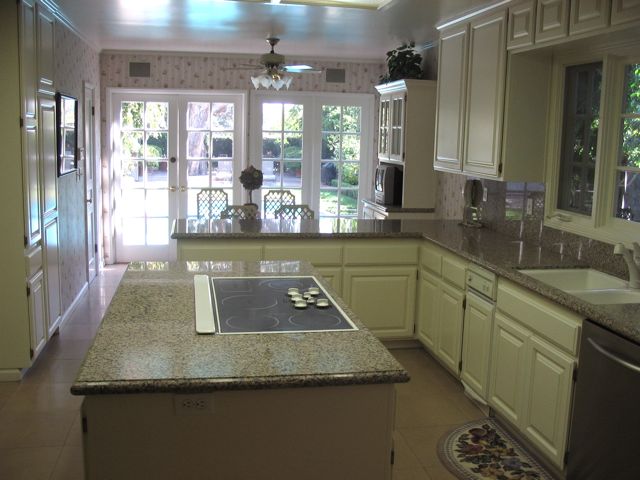By David Rosenfeld
SANTA MONICA—Once you decide to buy an investment property you’ll likely ask yourself “What is the best investment I could make? A house or apartment?”
It may sound simple, but the truth of the matter is that it really depends on a number of things. Among them is how well capitalized you are and whether you’re willing to deal with multiple tenants. For the small investor, it’s good to start out small and buy a building of two, three or even five units. First, it’s more advantageous to find financing and second, if it gives you cash flow that won’t be affected much by a vacancy.
With a house, you have more risk because when you have a vacancy, you have to bear the burden of paying the mortgage without any rents to ease that expense. Another downside is that the cost of buying a house as an investment property is about the same in many instances as the cost of a small apartment building which could bring in rents from up to a few units, giving you more cash flow than just a single tenant, renting a home.

Although some may think they can purchase land and build an apartment building or house on vacant land, the reality is that the Los Angeles area has few locations suitable for such developments. And few real estate novices have the technical knowledge or high capitalization to build on that land and develop a profitable investment property. It’s simply not practical for a new investor. It’s far better to buy something that already exists – especially if it’s multiple units. Be a real estate investor not a real estate developer.
So the rule to purchasing rental property is the more units the better. But before you’re committed to buying a property, make sure there is positive cash flow that will allow you to pay for utilities, repairs and other expenses and still leave something to be set aside.
Having money set aside for your rental property will ensure that there will be funds when you have to pay for maintenance, repair of the roof and other expenses that will invariably crop up. You have to remember that investment properties aren’t “get rich quick,” but more like “get rich slow.” It’s a long-term investment that needs much thought, planning and dedication, not to mention patience.
If you’re a do-it-yourself type, and handy with tools, you’ll save lots on plumbing, electrical and similar costs. But even if you’re not, make sure you maintain your property well enough so that those occasional expenses won’t take big bite out of your profits. Especially if you’d rather not manage the property yourself and decide to hire a management company.
Most management companies are well run and provide a good service, but they will also eat into your profits so do the math before you decide to purchase an investment property. It’s easy for your new house or apartment building to lose value and begin costing you more than it is bringing in if you allow the maintenance to become deferred.. That’s why it’s important to research the numbers and see where they stand. By having the property professionally inspected you can limit your costs by finding problem areas and then determining your costs should you decide to mitigate them.

But in the end, purchasing investment properties is a calculated risk so the more research you do the better the outcome will be. Do your due diligence when it comes to the property, its costs and even local ordinances and regulations on rent control and other related issues.
It’s also important to determine whether you’re ready to be a landlord. Thankfully, there are resources that will help you gain intimate knowledge into what it takes to be a good landlord and a good investment property owner. The Apartment Association of Greater Los Angeles and other such groups offer courses on investment properties that includes the do’s and don’ts of dealing with tenants and problems. These classes have a nominal fee, but are invaluable. Friends that own apartment buildings or other investment properties may not be the best teachers when it comes to learning the ropes of being a landlord. If you take their advice to heart, you may well adopt their own bad habits and learn lessons in bad management. Do what you can to be good landlord and a quality investor.
David Rosenfeld is a Real Estate broker and president of Advantage Real Estate, a Real Estate and investment firm in Santa Monica, and a Rotary Club member. He has more than 20 years experience in commercial and residential property investments and financial counseling.






